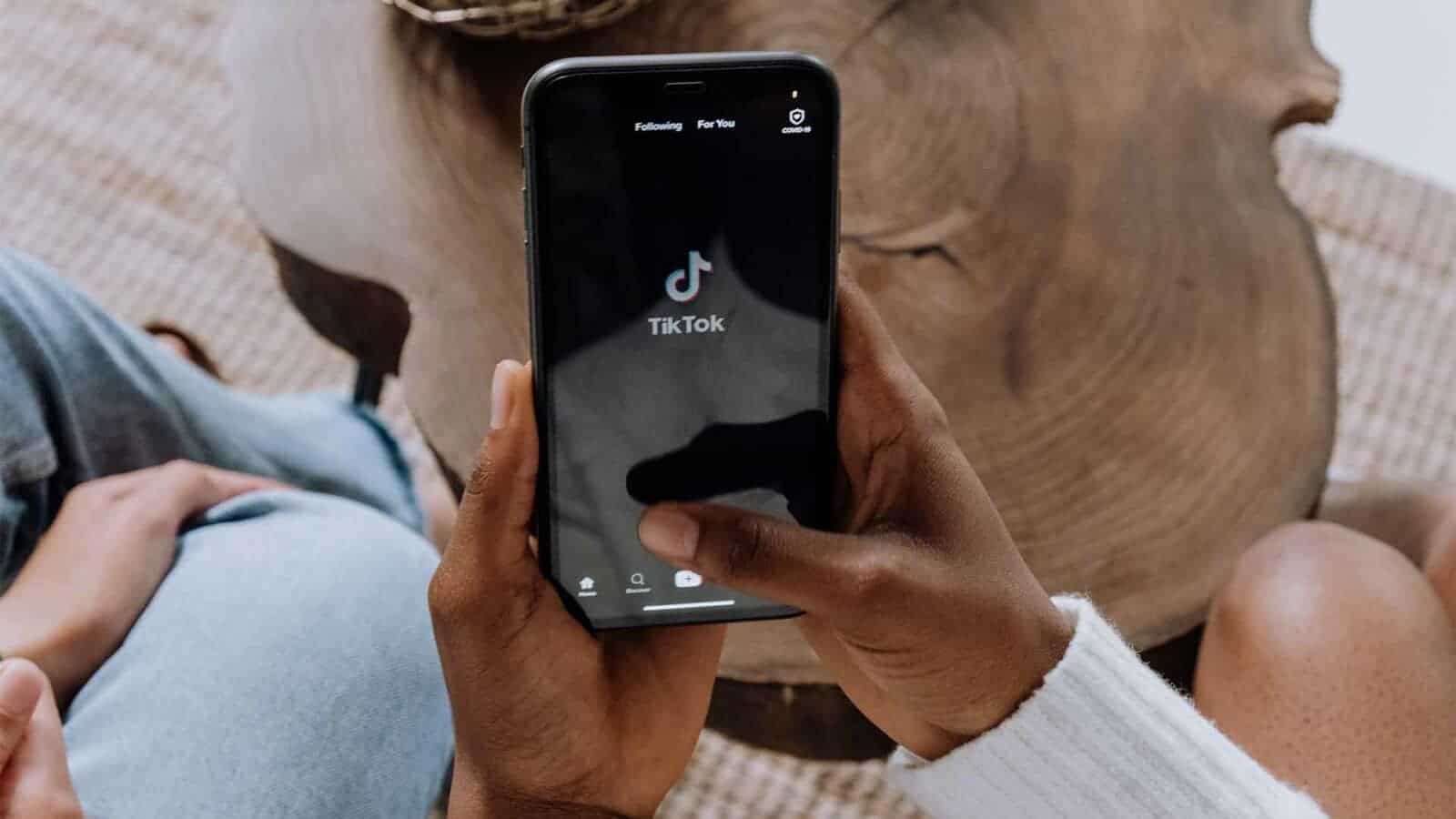News
TikTok fights potential app store ban by suing U.S. government
ByteDance says the law requiring it to sell TikTok to a U.S.-based company violates First Amendment protections.

Just a heads up, if you buy something through our links, we may get a small share of the sale. It’s one of the ways we keep the lights on here. Click here for more.
TikTok’s parent company, ByteDance, has moved forward with its promise to sue the U.S. Government over a recently enacted law that bans the app from being offered in American app stores unless
In a complaint filed in federal court on Wednesday, ByteDance said it could not simply hand over
“For the first time in history, Congress has enacted a law that subjects a single, named speech platform to a permanent, nationwide ban, and bars every American from participating in a unique online community with more than 1 billion people worldwide,” attorneys for ByteDance argued in their complaint.
Is TikTok a security risk?

President Biden signed the so-called “TikTok ban” into law last month after the measure was rolled into an appropriations bill to direct funding to military aid initiatives in Ukraine and Israel.
The fast-tracked bill was the latest attempt by federal lawmakers to target
ByteDance argues that U.S. officials haven’t shown any proof that
“Even the statements by individual Members of Congress and a congressional committee report merely indicate concern about the hypothetical possibility that
TikTok could be misused in the future, without citing specific evidence,” the lawsuit reads, noting thatTikTok has operated in the U.S. since 2017.
That doesn’t mean
ByteDance later affirmed that some of its employees had surveilled reporters but characterized the situation as a one-off and a violation of its policy. ByteDance said the responsible individuals were fired.
The surveillance of American journalists added fodder to complaints from lawmakers and government officials that
The Pentagon and other agencies banned
(Montana’s
ByteDance: TikTok ban violates First Amendment

ByteDance says legislative efforts to ban
Lawmakers say the trade-offs are justified on national security grounds.
“Congress and the Executive Branch have concluded, based on both publicly available and classified information, that
“It is telling that
Editors’ Recommendations:
- President Biden has signed the
TikTok ban — now what? - Federal judge blocks Montana’s potential TikTok ban
- Facebook hits ‘copy-paste’ on
TikTok ’s vertical video format - See more coverage of
TikTok on KnowTechie































